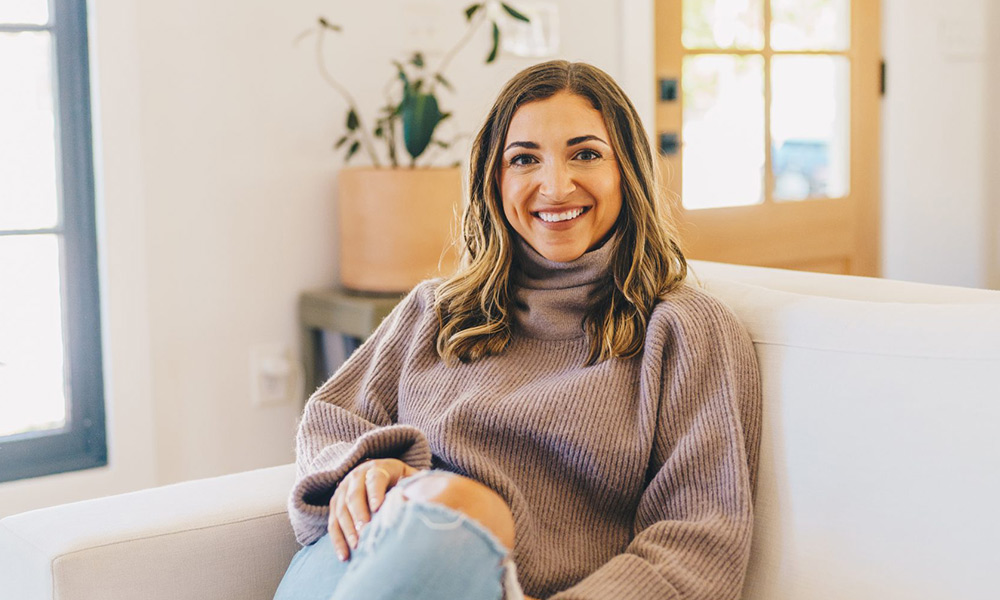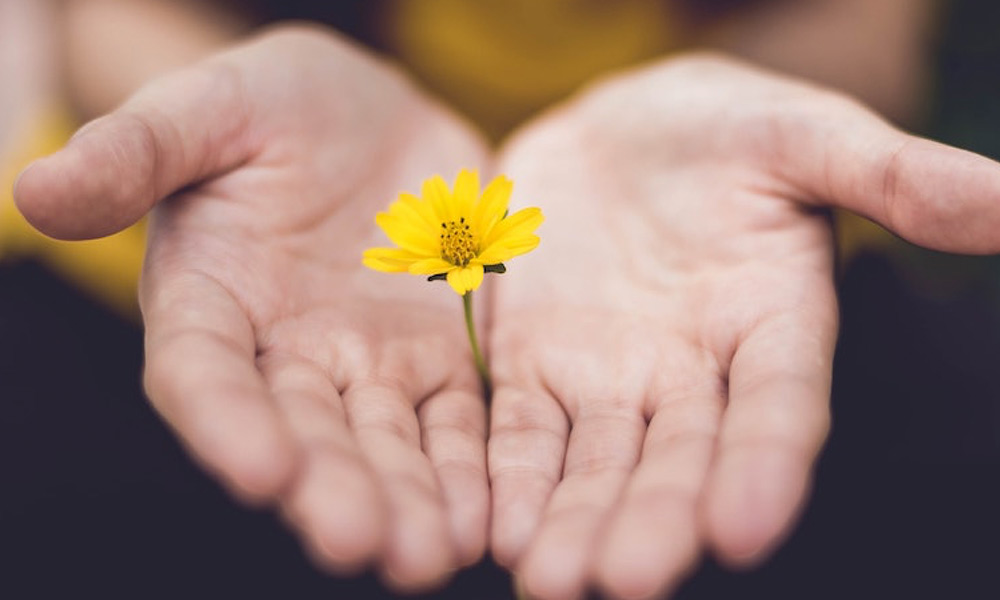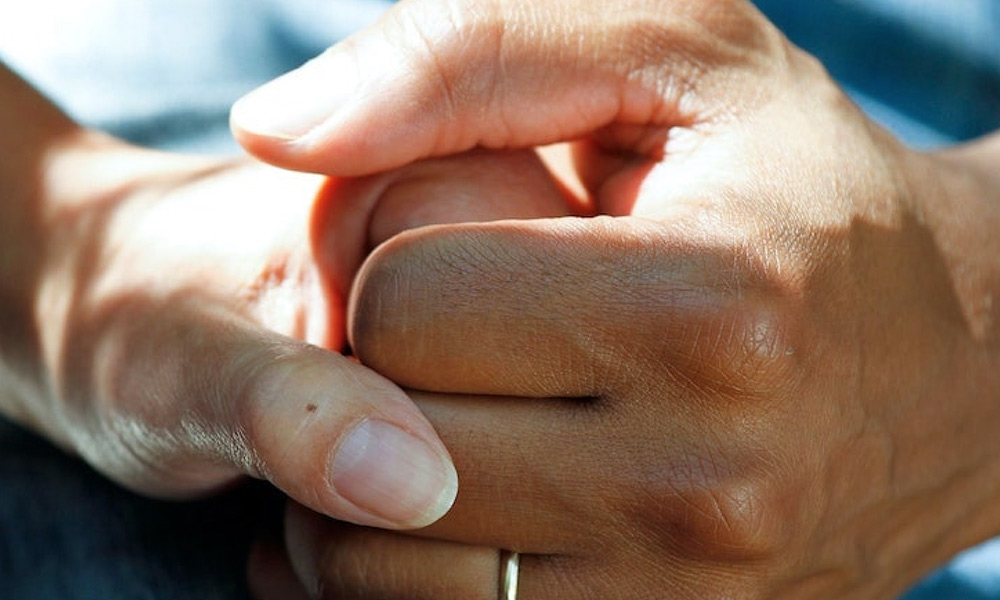Anyone connected to Survivor Fitness quickly realizes that much of the magic of the experience stems from two factors: the incredible passion of our participants and the power of our community. Since launching Survivor Fitness, we’ve had the benefit of working with board members and health partners (trainers and dietitians) who share a deep devotion to supporting cancer survivors on their recovery journey.
Allison Tallman is one of those partners whose passion, care, and expertise have had a life-altering effect on Survivor Fitness participants. Allison is a Registered Dietitian Nutritionist (RDN) and the founder of Nourished Routes. After connecting with Executive Director Meg Grunke in 2019, Allison signed on to become a nutrition partner for Survivor Fitness. To date, she’s served more than 100 Survivor Fitness participants.
Allison’s connection to Survivor Fitness began before she became a partner. As an RDN, Allison saw just how important nutrition is as she walked alongside patients during their battle with cancer—personally and professionally.
“My grandfather was diagnosed with leukemia, and my uncle had sinus cancer,” Allison explained. “In both situations, I saw how much the treatment impacted their life—physically, mentally, emotionally, and spiritually.”
As a practitioner, Allison uses her knowledge and experience to help participants with nutritional changes. Before moving to Nashville, Allison was employed at a medical clinic in Chicago where she worked primarily with cancer patients going through chemo and radiation therapy. Her role provided her with direct insight into the connection between treatment, nutrition, and her patients’ overall well-being.
These experiences sparked a passion that led her to partner with Survivor Fitness to help an entire community of cancer survivors.
“There are so many challenges that a person experiences going through chemo or radiation,” Allison expressed. “Seeing so many of my family members experience those changes inspired me to use my professional training to help people who are navigating the cancer journey and equip them with resources to regain health in all areas of life.”
As a Survivor Fitness nutrition partner, Allison provides the same level of commitment and personal care to participants that she would give to a family member. In every introductory session, Allison takes time to listen to the individual, learn about their journey with cancer, discuss the unique nutritional challenges they’ve experienced, and collaborate on the health goals they want to achieve.
“Every cancer journey, and how it’s impacted a person’s diet, is different. I really want to understand what a person has been through so I can put myself in their shoes and help them move forward. Because each person’s cancer journey is so unique, it’s important to tailor their recovery plan, too.”
After learning more about them, Allison works with participants to design a personalized nutrition plan that can easily be incorporated into their current lifestyle.
For example, one of the first things Allison does is make sure participants eat enough food and get enough protein in their diet. Adding in the right amount of protein can help counteract the muscle loss that can be a result of cancer treatment.
After the initial meeting, Allison continued to provide guidance and accountability as participants continued through the program. Every participant receives a recipe book along with advice to maximize their nutrition plan after cancer.
When it comes to nutritional best practices, Allison typically encourages participants to set one or two goals. She also recommends a Mediterranean-style diet that includes fruits, veggies, whole grains, lean protein, and healthy fats.
“It’s better to make small changes one at a time rather than a lot of big changes all at once. This helps the changes you make actually stick. For example, rather than setting a goal to make a meal plan seven days a week, start with just one day. Hopefully, that one day spills over into two days and then more.”
Allison’s personal approach and encouraging demeanor are two characteristics that participants appreciate most. These are attributes that she would ascribe to the entire Survivor Fitness community.
We’re grateful for the role Allison plays in the Survivor Fitness community to provide advice and support for participants during their life-changing experiences.
Allison is a registered dietitian with a Bachelor of Science in Nutrition from Cornell University and a master’s degree in Clinical Nutrition from Rush University. Her seamless adaptability has allowed her to work with a range of clients—from patients in medical clinics to professional athletes. Learn more about her work at Nourished Routes.


